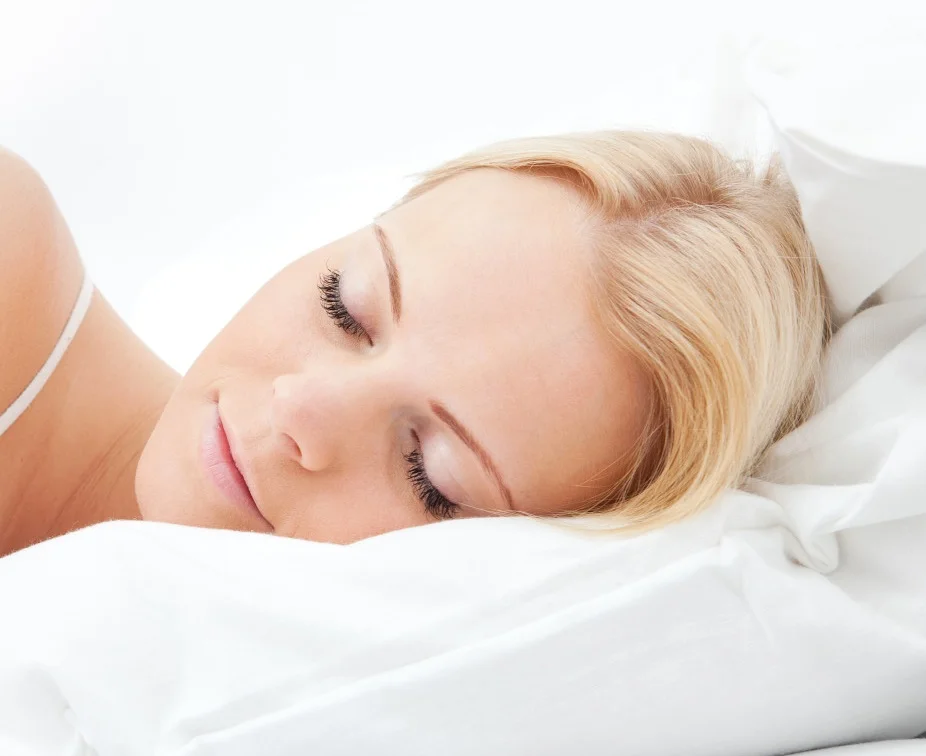Hormones and the Sleep Connection
/
Hormones and the Sleep Connection
The biochemical effect of hormones on our sleep
Hormones are biochemical messenger substances that we need to sustain life. Our body’s hormonal balance is regulated by a delicate interplay between cells and organs. On the one hand, healthy sleep depends on hormones and on the other hand, important hormones are only released during sleep.
1. Melatonin
Melatonin is a sleep-inducing hormone produced by the pineal gland, a small gland in the brain. The combination of intestinal activity and light perception on our retina stimulate the pineal gland to produce melatonin.
The absorption of light through the retina prevents the melatonin production. That’s why it is important to shut out light in the sleep area as much as possible. Melatonin production can also be stimulated by gradually reducing light before bedtime.
2. Serotonin
Serotonin is popularly known as the happiness hormone.
The effect of serotonin is far-reaching. Serotonin affects our cardiovascular, gastrointestinal and central nervous systems and has a positive influence on our mood.
Indirectly Serotonin is also responsible for our sleep as it triggers the production and release of melatonin. The Deep Sleep and REM phases in our sleep cycle play an essential role in the interaction of hormones.
Serotonin is a neurotransmitter that is related to food intake and shows high levels in the mornings. That is why it is important to adapt meal times to not interfere with sleep times.
3. Cortisol
Cortisol is the "antagonist" to melatonin and is often referred to as the stress hormone.
Cortisol stimulates appetite and is produced in the deep sleep phase during the second half of the night. It prepares us for waking up.
If our body releases too much cortisol before going to bed, this has a negative effect on out sleep quality. That’s why you should avoid stress situations before going to bed. A hot shower or a milkshake with honey about an hour before bed can lower cortisol levels.
4. Somatotropin
Somatotropin is commonly known as the growth hormone and is mainly produced during puberty in children to help build muscles and bones.
In adulthood, this hormone plays an essential role in:
• building muscle
• promotion of blood circulation
• fat catabolism
Somatotropin is mainly produced in the deep sleep phase. If deep sleep is too short, or if the individual sleep phases have shifted, the distribution of this hormone will be insufficient.
Because of its muscle-building and fat-reducing effects, somatotropin is also used as a doping agent . The production and release of somatotropin in the human body is very precisely regulated. Cortisol for example inhibits the effect of somatotropin.
5. Leptin and Ghrelin
Other hormones that indirectly affect our sleep are leptin and ghrelin. These two hormones control appetite.
Leptin is an appetite suppressant and ghrelin, similar to cortisol, an appetite stimulator. Here, too, the production contributes to falling asleep quickly (leptin) and or to the waking up process (ghrelin). If sleep quality is poor, the levels of those hormones can become imbalanced contributing to weight gain.






